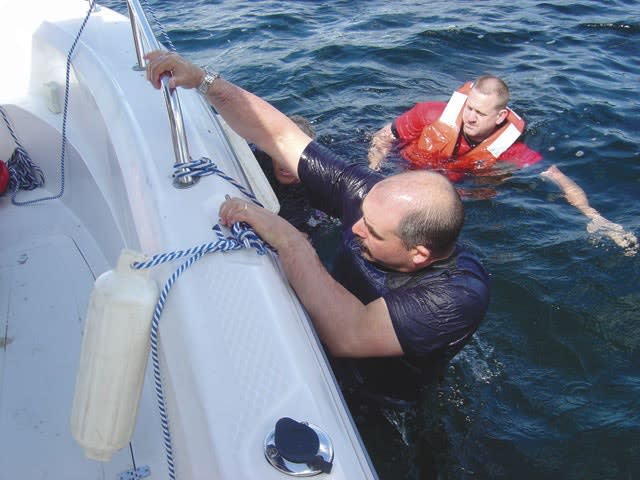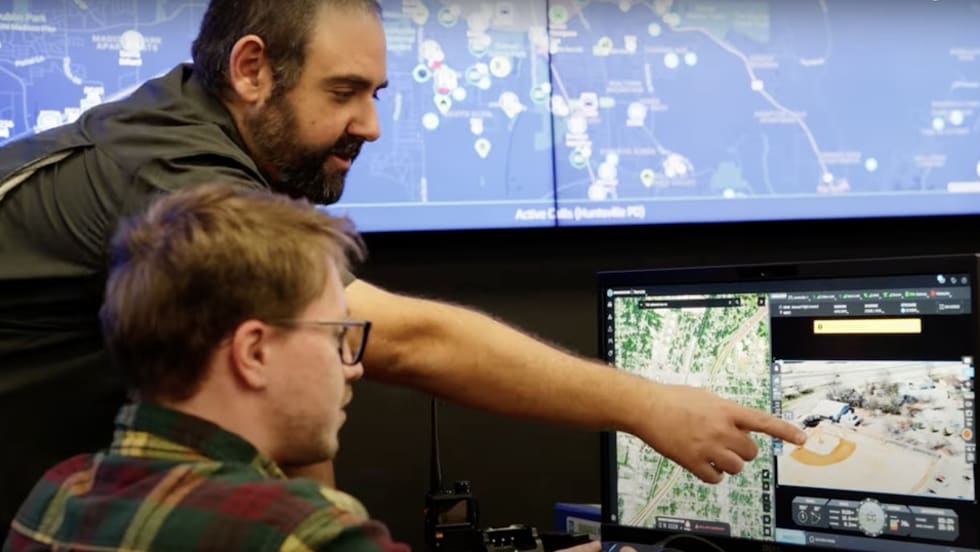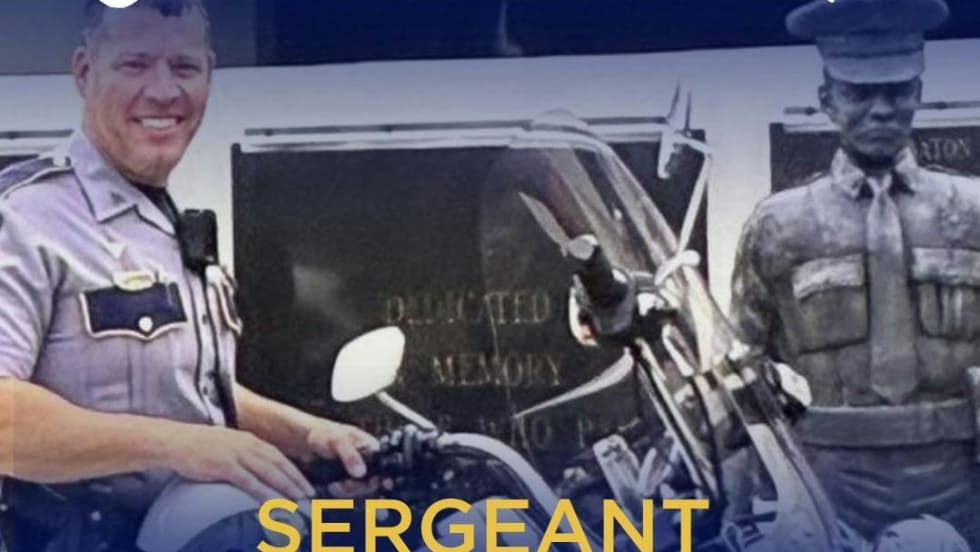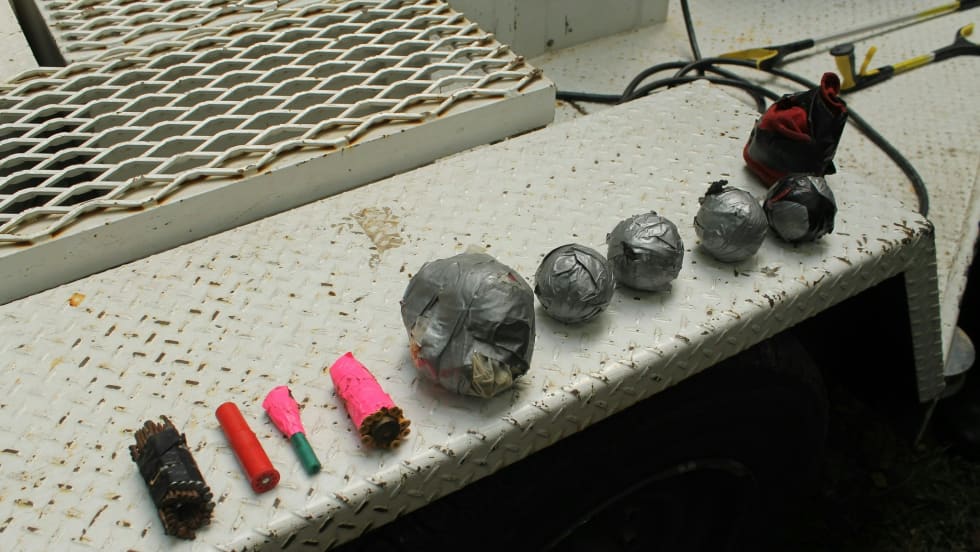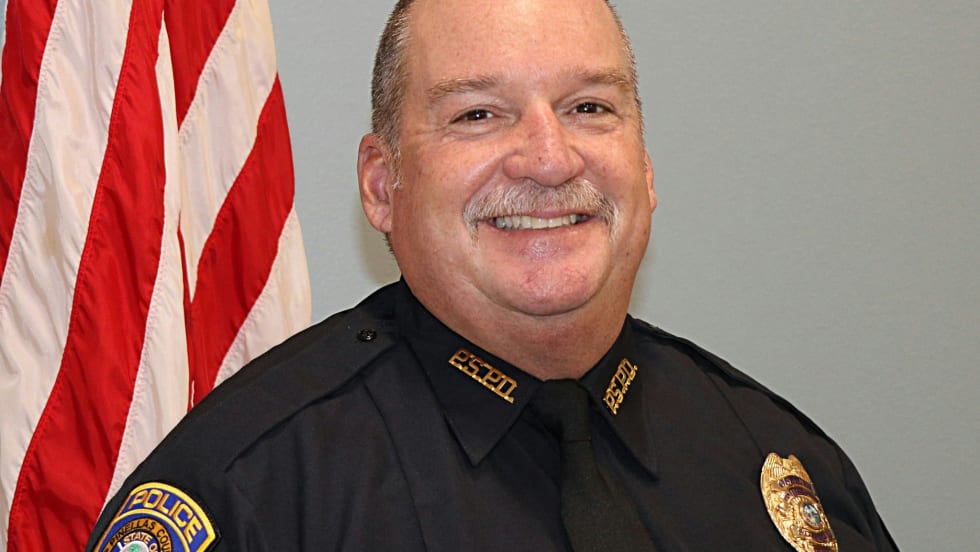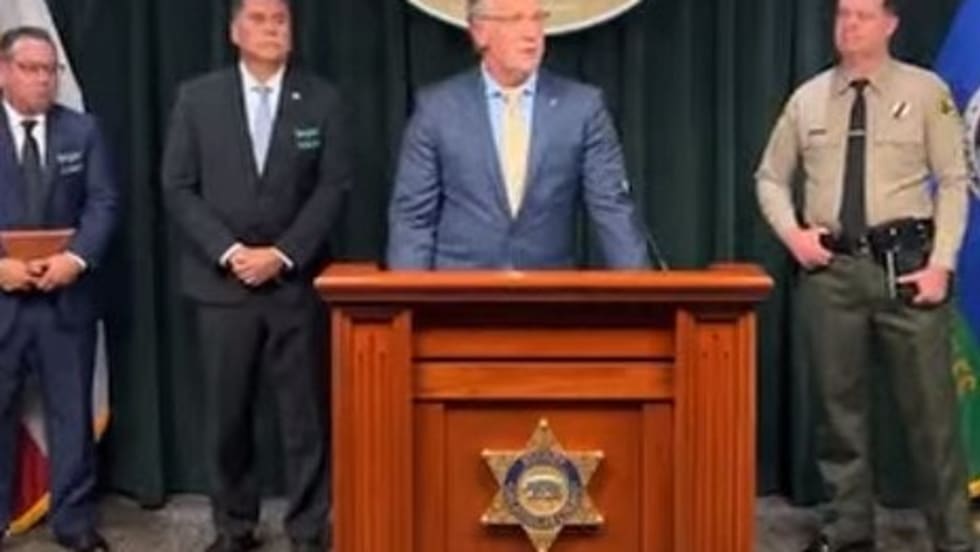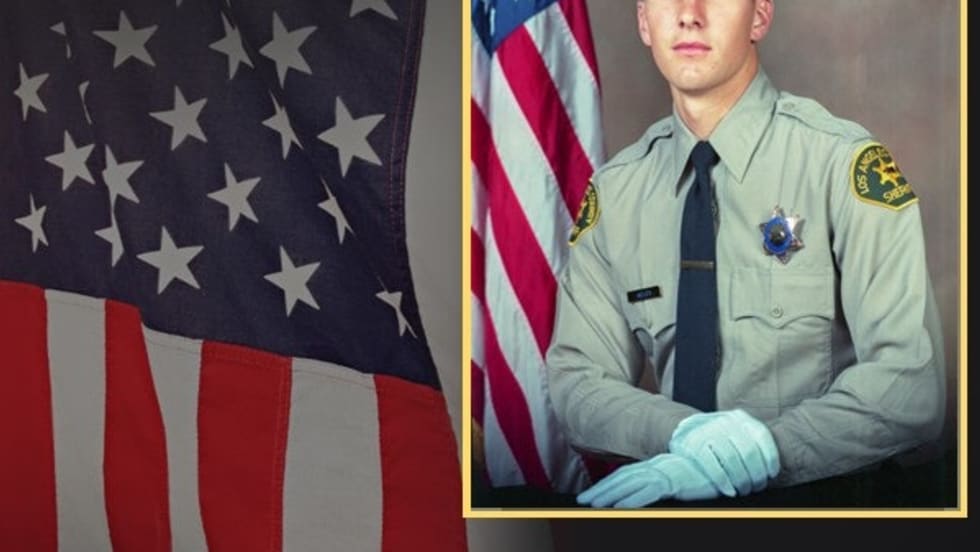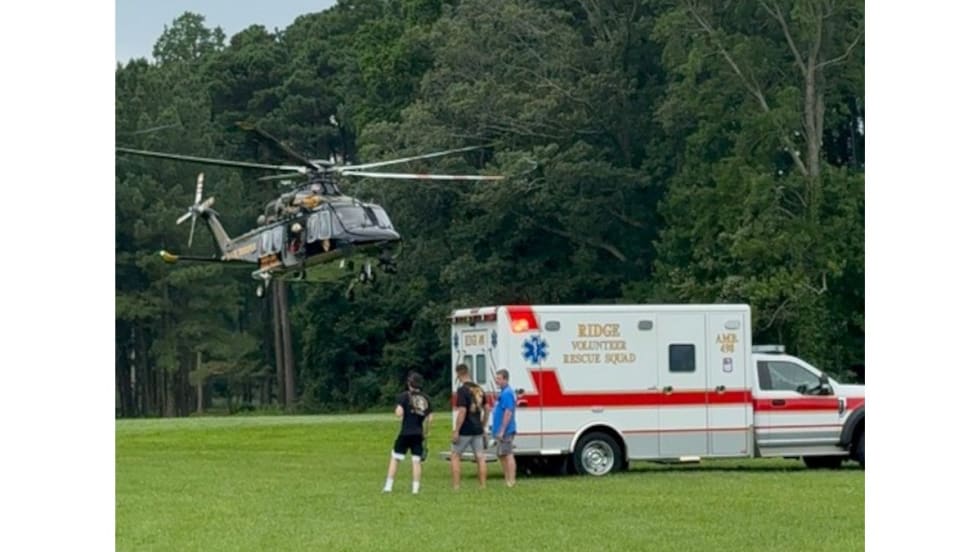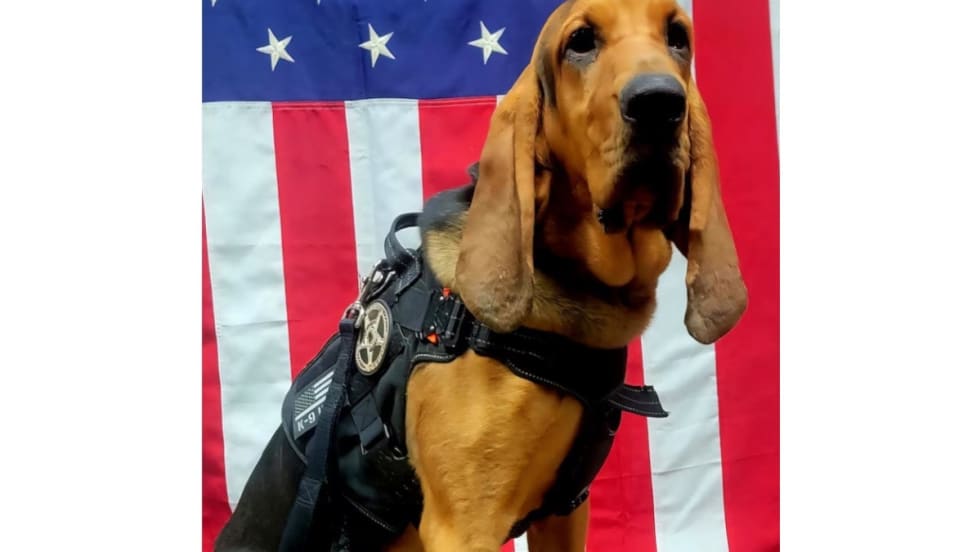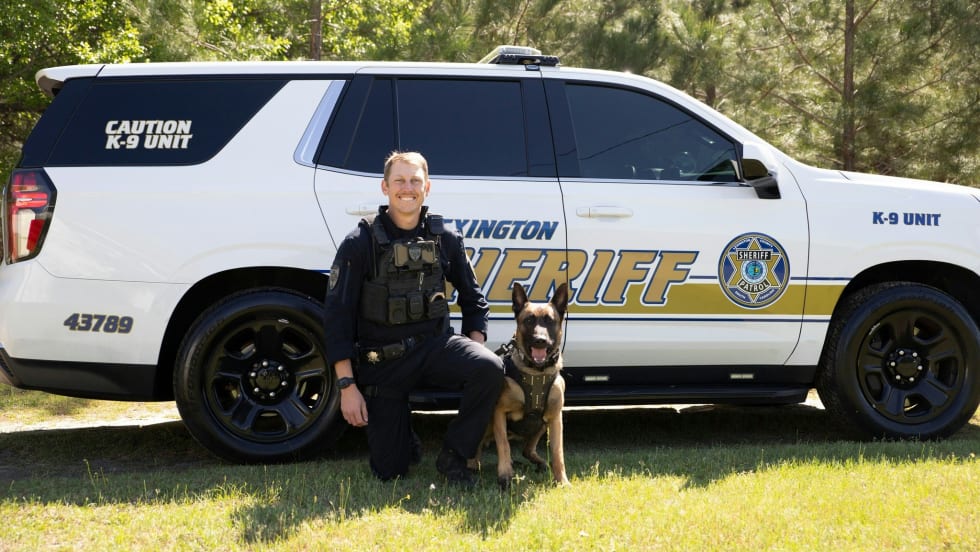An officer's physical fitness is a concern not just because the officers are overweight and might develop a debilitating health condition in their later years. It's an officer survival issue. It could put an officer at a serious disadvantage when he or she faces a more physically fit bad guy who has the mindset to win.
Being in the law enforcement and corrections training field for more than 20 years and coming from both a civilian and Marine Corps background in law enforcement and corrections, I have noticed a distinct change in the students attending training programs. Many of them are out of shape both mentally and physically.
I don't mean they are stupid or mentally unstable. I mean they lack mental discipline and a winning mindset. And when I talk about physical fitness, I'm not referring to the officer who has 20 years on the force and has bad knees and a bad back and has gained too much weight. I'm talking about officers who are young with just a few years of duty or even just out of the academy who cannot maintain the physical intensity needed for advanced law enforcement training.
An officer's physical fitness is a concern not just because the officers are overweight and might develop a debilitating health condition in their later years. It's an officer survival issue. It could put an officer at a serious disadvantage when he or she faces a more physically fit bad guy who has the mindset to win.
The Winning Mindset
Even when officers are in shape, they have a tendency to dismiss the value of training. The mindset of these officers has taken a sharp curve from: "Hey, this is important and I need to know it because it can prevent me from being injured or even killed" to "Hey, this is never going to happen to me, and I don't have to be in shape because I have all of these force options and tools on my belt."
On the brochures and flyers for the courses I teach that challenge the officers both physically and mentally, I have a special note alerting the students that the training is physically demanding. But many seem to have very little idea of what "hands-on" training means.
Today's law enforcement trainees tend to have a very different mindset than those I taught back in the '90s. Back then more of my students came to the training with military experience or an athletic background. They were prepared for physically grueling training and, more importantly, the physical challenges of the job. Many of today's trainees lack even basic physical fitness.
Part of the problem is that agencies don't require officers to maintain fitness once they are on the job. Sure they have to pass the academy, but afterward they can relax, and relax some do.
To make matters worse, today because agencies are desperately trying to fill their ranks, some have lowered their fitness standards. Sure, they still give tests, but are they really tests in the sense that they screen people? Or are these agencies simply going through the motions for liability concerns?
Safety is always the main concern for any trainer when conducting training, as it should be. However, in an effort to make training safe, the officer survival focus of the past is now largely ignored. I advocate raising the bar on basic fitness for duty guidelines for agencies. If these standards are met, "safety" issues will be readily met as well. And that will save lives.
Do You Know How to Win?
Training used to be about developing the skills of a warrior: intelligence, physical strength, physical endurance, courage. I tell my students, "If you want to be a warrior you have to walk through hell." In other words, train hard and train realistically because nothing is more real than a bad guy trying to take your life.
How has the shift away from the "warrior model" changed training? Well, for example, if your protective equipment does not allow you to strike with the survival power you will need in a real life encounter, then fundamentally, you are being trained not to hit with the power you will need to save your life, which means you may never know how much power it takes to win a fight until the moment of truth. And you don't want to have to experiment during a fight for your life.
Sometimes I think that law enforcement training has been commercialized in the same way that martial arts training—where you can get a black belt in three years—has been commercialized. Yes, after completing such a program you walk away with a sense of accomplishment. But have you really mastered anything? The answer is probably not.
I have attended many instructor training programs that did not physically and mentally challenge the participants. They paid a fee; they went through the training; but they were required to exert little or no effort to pass the course and receive the certification.
[PAGEBREAK]
Are You Fit for Duty?
There's an important question that I want to ask every officer reading this article: Are you fit for duty? Don't BS yourself here. Answer truthfully in your own mind.
What does "fit for duty" truly mean? Is an officer really fit for duty when he or she cannot complete a [training] task due to past injuries, medical issues, age, emotional issues, or phobias?
I would say no. I would say that an officer is fit for duty when he or she can perform the job in a safe and professional manner that does not jeopardize their lives or the lives of others.
Here's my definition of "fit for duty": If an officer can safely perform his or her duties in an effective manner without jeopardizing his or her life or the lives of others, including other officers, bystanders, even subjects and suspects, the officer is fit for duty.
And I submit to you that some agencies are fielding officers who are not fit for duty. Is your agency one of them? Ask yourself the following questions:
What does your agency do if an officer can't pass a test, either a written test or a physical application test?
What does your agency do if an officer can't get sprayed with a chemical aerosol in training?
What does your agency do if an officer can't jump over a fence, run down a subject, and physically control them?
What does your agency do if an officer cannot handle and deploy a firearm without the use of prescription eye glasses?
What does your agency do when an officer is unable to successfully complete his protective mask drills in a safe and effective manner?
What does your agency do when an officer is unable to sustain himself above the surface of the water without the use of a flotation device and said officer is assigned to a waterfront area or a boat?
What does your agency do if an officer is unable to operate motor vehicles in a safe and effective manner?
What does your agency do if an officer is unable to accurately deploy his or her non lethal weapons?
What does your agency do if an officer cannot run 25 yards or up a flight of stairs without being so out of breath that he or she can't physically assist the arresting officer in need of backup?
What does your agency do if an officer doesn't understand the language being used in the environment where he or she is being tasked to work?
This list can go on and on. My point here is what we call "safety issues" might mask what they really are, which is an inability to do the job.
Fit for Duty Test
I believe that a good law enforcement training program reinforces self-awareness and allows an officer to effectively conduct personal evaluations to help assist with these issues.
After reviewing the above performance objectives, let's finally look into a few important questions to help you respond to this issue.
Will this failure jeopardize my life?
Will this failure jeopardize the lives of other officers?
Will this failure jeopardize the lives of the people we are sworn to protect?
Answering yes to any of these questions means that you are not fit for duty.
I strongly encourage you and your agency to adopt a fit-for-duty statement that supports officer safety first and foremost. Being fit for duty is not only an officer safety issue, it is the mark of a professional who is ready to fight to protect him- or herself, fellow officers, and the public.
Dave Young is the Director of Specialized Programs for the Northcentral Training College – RedMan Training, and the Director of Training for RedMan Training Gear. A member of the POLICE Advisory Board, he has served in law enforcement and corrections for the U.S. Marines and civilian agencies.



